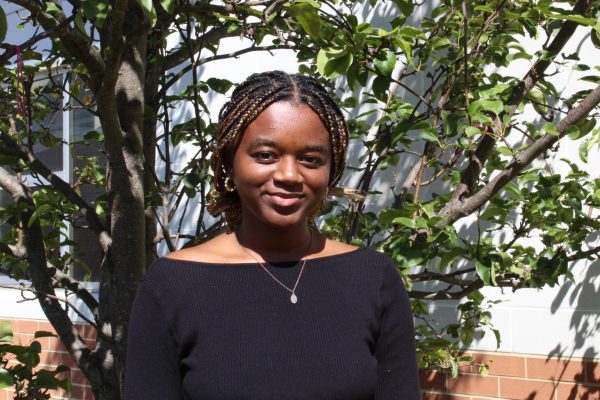WJ is filled to the brim with cultures from all over the world. With these cultures also comes many different religions represented in the student body. While there are multitudes of different religions present at WJ, they are all similar in how they help students cope with their academic lives.
Sophomore Josh Zelermyer is the vice president of the Jewish Student Union. Judaism is based in the belief of one God who established a covenant with Jacob, a descendent of Abraham, and his descendants. Beliefs such as the importance of education and loving one’s neighbor are emphasized in Zelermyer’s family and thus influences the way he lives his life.
“The value of education is taught and valued a lot in my religion and household. I translate that into my school life by studying and doing my best to get good grades and just trying to be a lifelong learner,” Zelermyer said, “Another value such as loving a stranger as yourself, just trying to be as kind as possible, is one I also try to practice.”
Loving one’s neighbor is also reflected in Christianity, another one of the three Abrahamic religions, alongside Islam.
Junior Zoe Bugingo is a Pentecostal Christian. Differences in Christian denominations often stem from differences in belief over the nature of The Holy Trinity (The Father, The Son and The Holy Spirit) or the Protestant Reformation during the 14th century. One of the main beliefs of Christianity is that Jesus The Son of God came down from heaven, was crucified for humanity’s sins and resurrected three days later. In this way, He conquered death and made a way for man to enter heaven. The Bible is the holy book of Christianity and has a profound influence in Bugingo’s life.
“The Bible says that God blesses the work of your hands, so I believe that every time I sit down to do a test or to study, I know that it’s blessed by the Lord and that the result will be good,” Bugingo said.
Prayer often goes hand in hand with studying or any endeavor that a person would pursue. Islam has a similar principle. It is based in the belief of one God, of which Muhammad (Peace be Unto Him) is His last Prophet among the others from the previous Abrahamic religions. Tasnim Hussien is secretary of Muslim Student Association and brings this belief into her academic pursuits.
“In Islam a big principle is that there are two factors that go into success: faith and effort. So whenever I have a test, I’ll do my best to study and then I will pray,” Hussien said.
Islam, Christianity and Judaism all stem from Abraham in the Middle East, but Hinduism would take form further East near the Indus River Valley in South Asia thousands of years before that.
Junior Rishi Mokkarala is Hindu. One of the basic beliefs in the religion is that followers should achieve their dharma (duty) in order to reach moksha which is the release from the cycle of rebirth. Hindus pray in temples, something Mokkarala does almost every Sunday with his family.
“We meditate, we pray to each god, we walk around gods, and that gives you almost a meditative state which allows you to really focus and brings about peace… Sometimes I use that meditative state to drown myself before a test so I can centre myself,” Mokkarala said.
While not everyone follows a religion, a large portion of the population of the planet does.
Mitchell Joy is the comparative religion teacher and explains that merely having a basic understanding of different religions can make people more well informed.
“Religion is inserted into so many of the world’s problems. I wouldn’t say religion is the cause of it but people have used it as a tool to control others,” Joy said. ”Overwhelmingly every religion I’ve studied has been peaceful. But when people in power hijack religion, that’s when it becomes a dangerous tool.”









